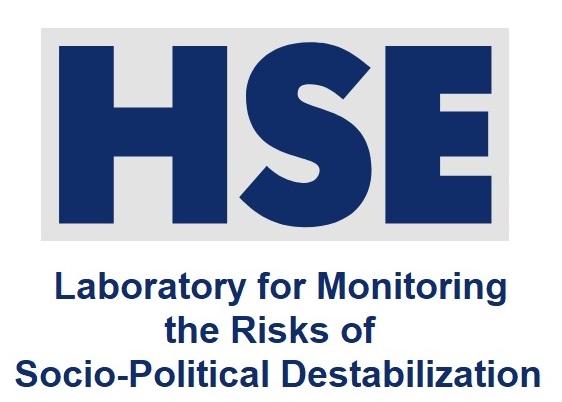The database on revolutionary events in the 21st century has been updated.
Data for 2022 was added.
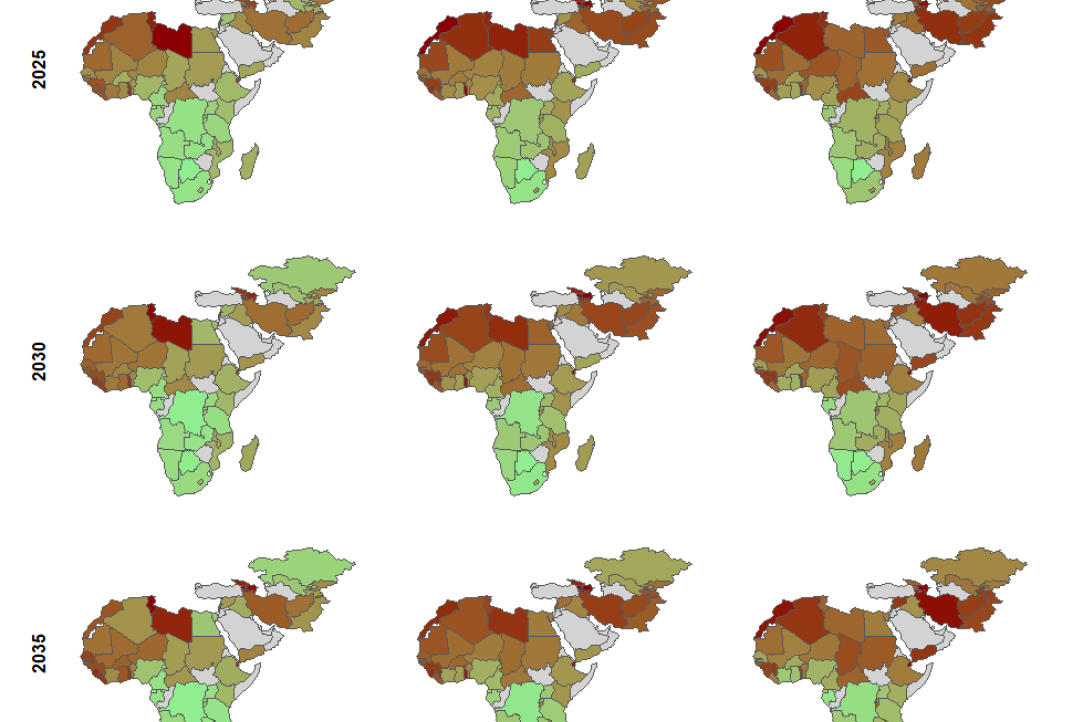
The Database of Revolutionary Events of the 21st century published on the Centre's website
The database provides a description of the revolutionary events of the 21st century including various characteristics: chronological, geographical, type of tactics of the protesters, purpose and degree of success. Also, based on the presented Database, the 'Atlas of Instability' has been made for the Afroasian (Afrasian) macrozone and for African states located to the South of the Sahel. It presents the risks of armed or non-violent revolutionary episodes for some countries from selected regions in long-term dynamics under three different scenarios - positive, inertial and negative.
The database is prepared as the part of the "Quantitative analysis and forecasting of the risks of socio-political destabilization in the countries of the Afroasian macrozone of instability" project under the support of the Russian Science Foundation (project No. 18-18-00254-P).
The book “New Wave of Revolutions in the MENA Region. A comparative Perspective" is published
The Springer has published a new book edited by laboratory staff members Andrey Korotaev and Leonid Issaev, “New Wave of Revolutions in the MENA Region. A comparative Perspective". The book was written within the framework of a five-year project of the Russian Science Foundation "Quantitative analysis and forecasting of the risks of socio-political destabilization in the countries of the Afroasian macrozone of instability" and offers a comparative look at the new wave of revolutions in the Middle East and North Africa.
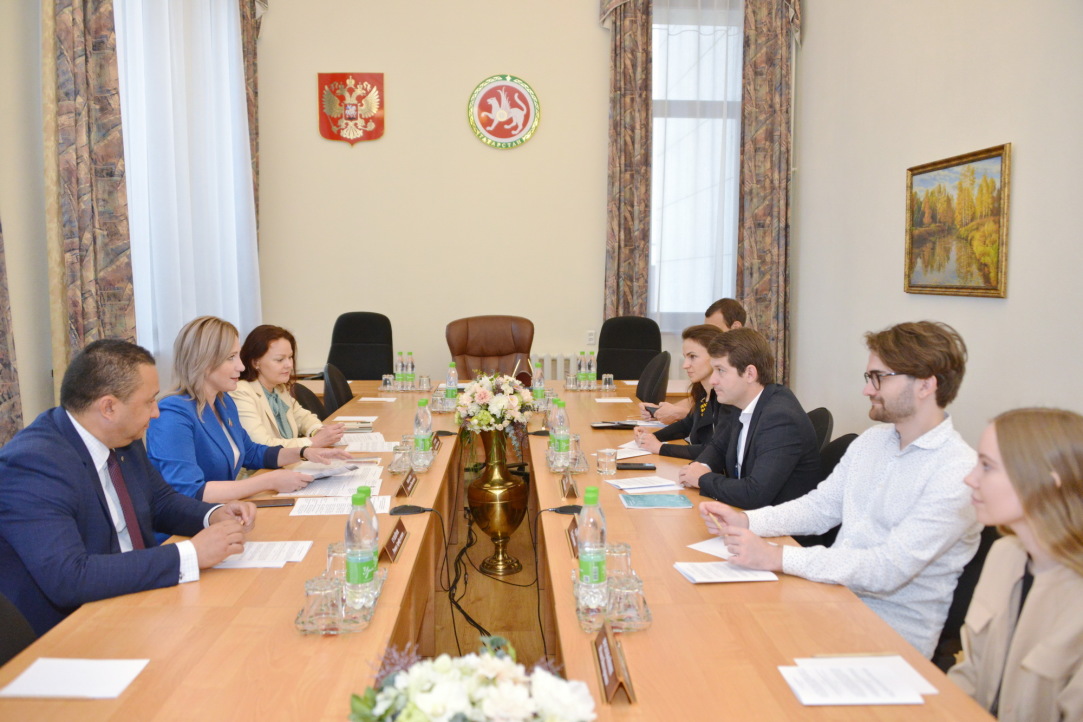
The delegation of the Higher School of Economics visited the Republic of Tatarstan to study the regional experience in Islamic education development.
Leonid Issaev, Alisa Shishkina, Yevgeny Ivanov, and Yegor Fain, scholars of the Laboratory for Monitoring the Risks of Socio-Political Destabilization (HSE University) stayed in Tatarstan from 10 to 14 July 2022 to investigate the approach to Islamic education in the Republic.
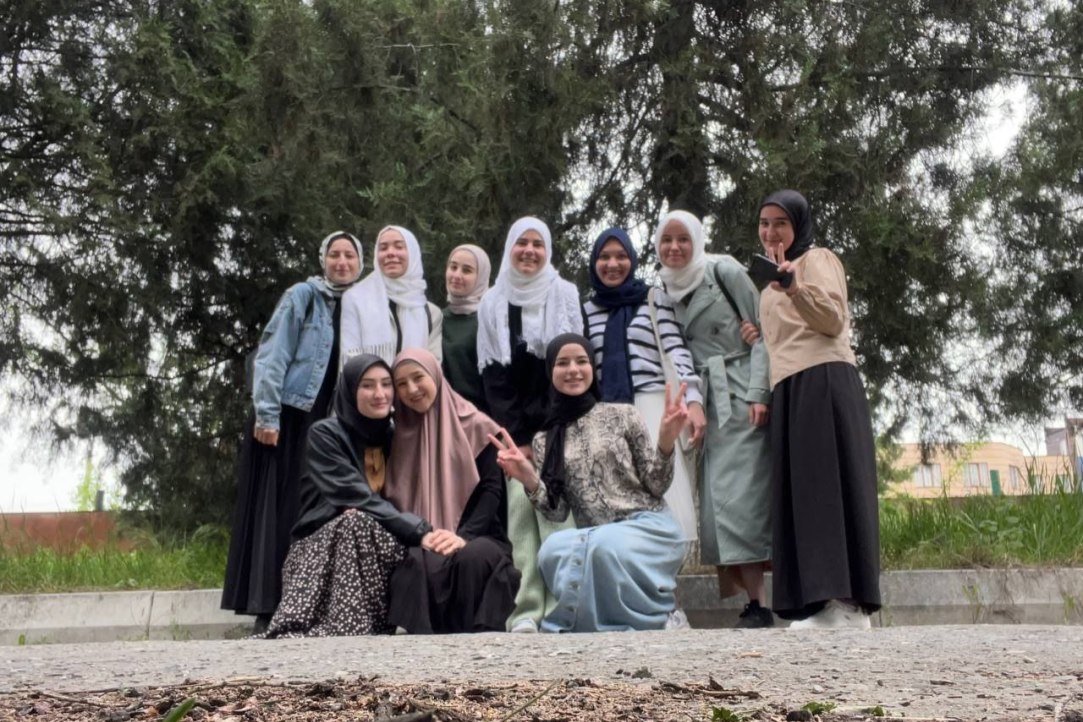
Islamic education in Ingushetia: report on the expedition of the Laboratory within the "Rediscovering Russia again" project
From May 14 to May 21, 2022, the Laboratory staff and HSE students conducted an expedition in the Republic of Ingushetia.The activities of Islamic universities in Russian regions have been the focus of attention of the Laboratory staff for several years. A successful expedition to Dagestan in 2019 uncovered a great potential in this direction, but the COVID-19 pandemic did not allow field research. Finally, expedition opportunities have opened up again for HSE staff and students. This time we went to Ingushetia, one of the few regions where monoethnic nature of society is combined with the dominance of Islam. Our Laboratory became the first HSE unit to organize an expedition to Ingushetia, thereby opening up this region from a new perspective.
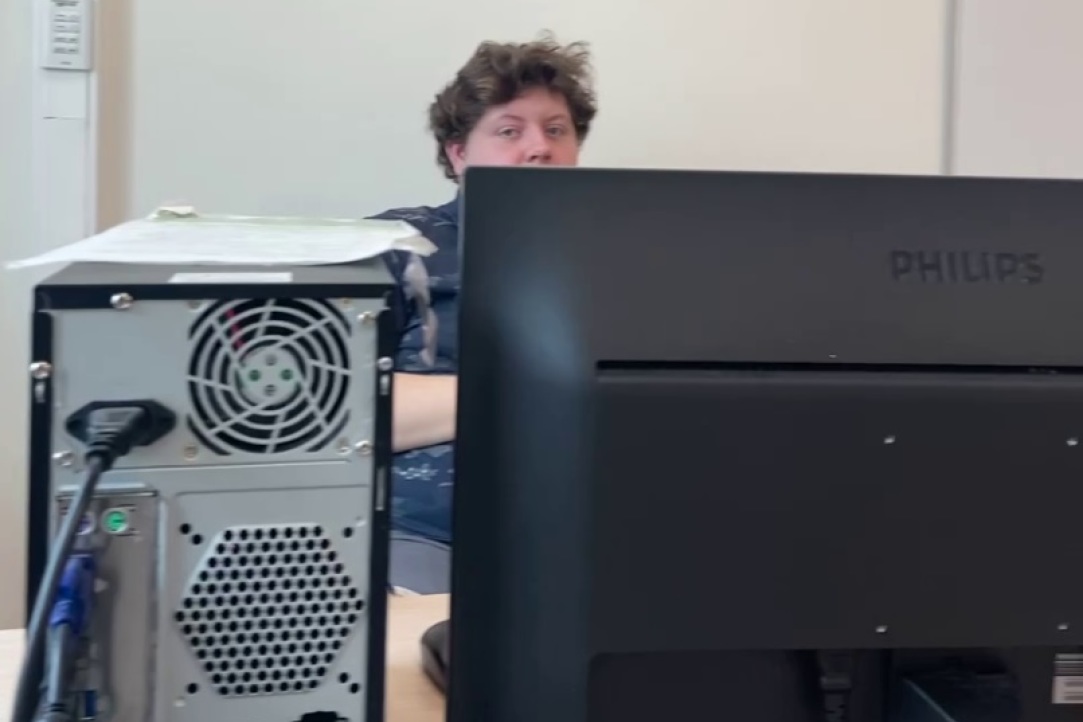
Laboratory workshop on "Structural factors of peaceful and armed revolutionary change of power: experience of analysis by machine learning methods"
On April 23, the regular seminar of the laboratory was held. The report was made by Ilya A. Medvedev.
Laboratory workshop. Presentations on "Political Structure and Environmental Risks" and "Development of Islamic Education in East Africa"
On March 31, 2022, another seminar was held, organized by the Lab for monitoring the risks of socio-political destabilization.
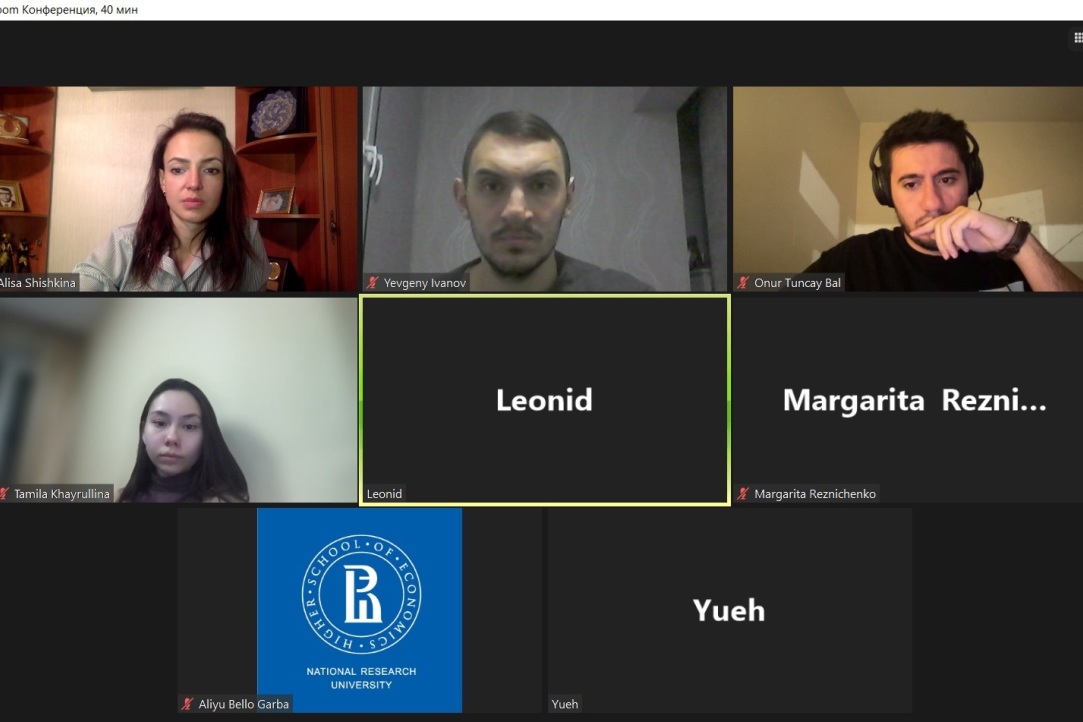
Presentation of the laboratory and its projects
On March 16, a meeting of the Lab's staff with students of the master's programs "Politics. Economics. Philosophy", "Applied Political Science" and "Russian Studies" was held.
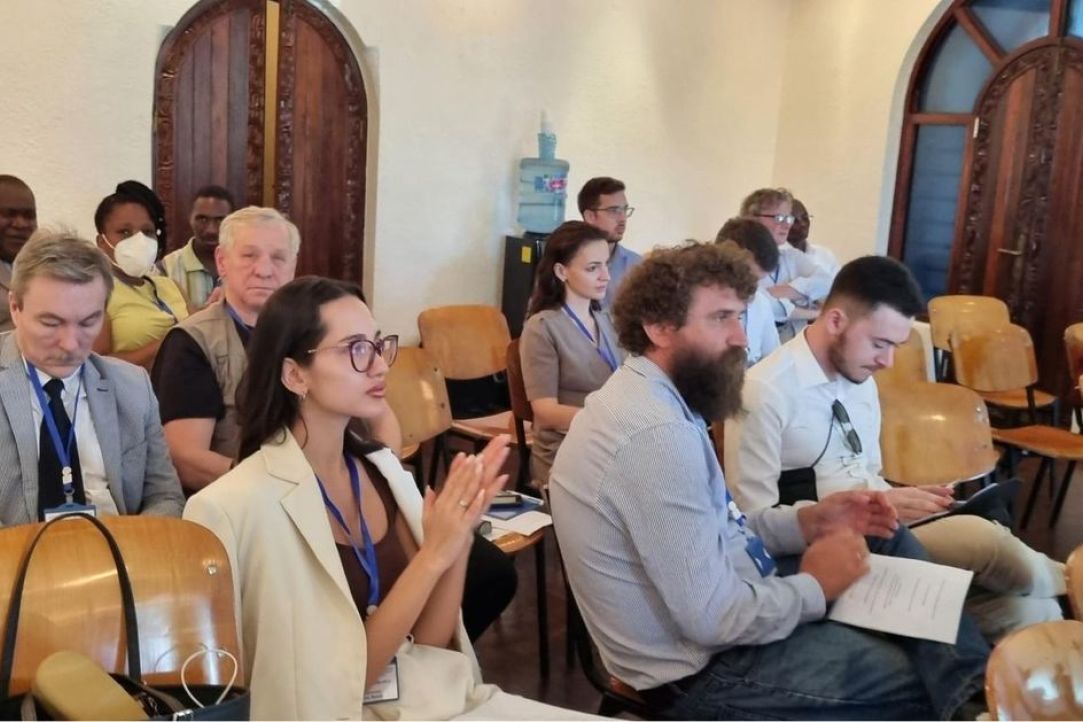
Expedition to Tanzania
From February 27 to March 7, Laboratory staff Leonid Isaev, Alice Shishkin and Yakov Lokumovich visited Tanzania.
The journal "Asia and Today" published an article by the staff of our laboratory on Islamic education in Russia
The publication was based on the results of the expedition to Dagestan, organized by the laboratory, with the support of the HSE project "Discovering Russia again".
